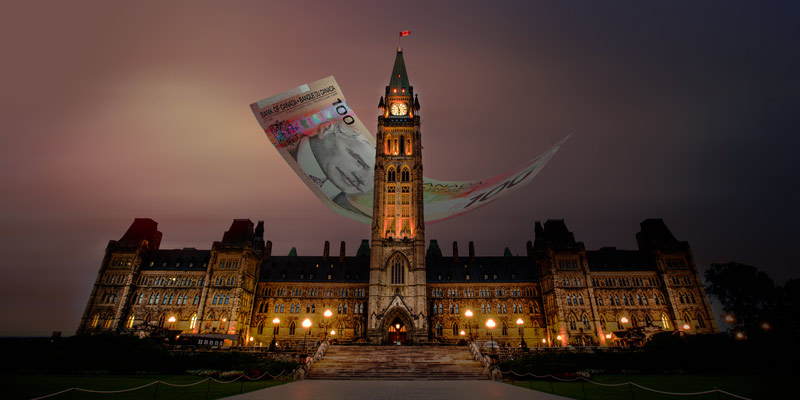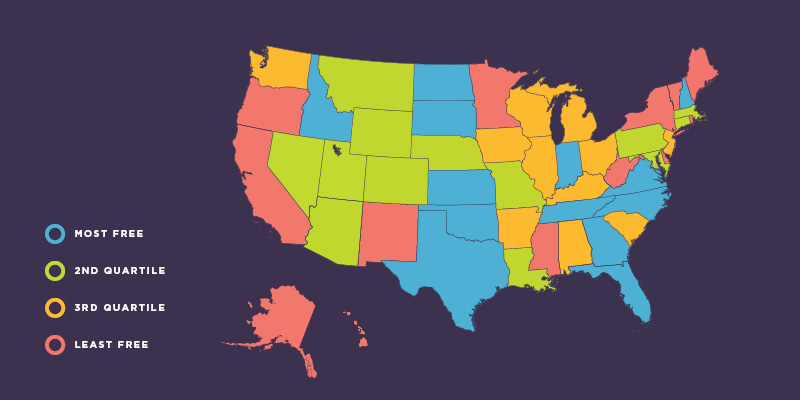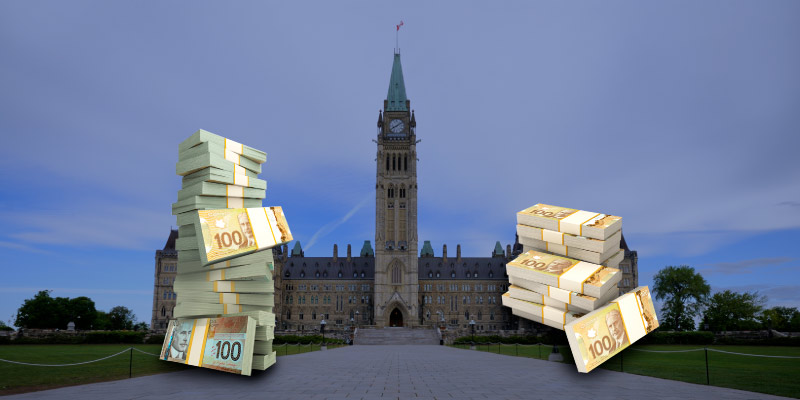 Executive Summary
Executive Summary Read the Full Report
Read the Full Report View the Infographic - Canada
View the Infographic - Canada View the Infographic - British Columbia
View the Infographic - British Columbia View the Infographic - Alberta
View the Infographic - Alberta View the Infographic - Ontario
View the Infographic - Ontario View the Infographic - Nova Scotia
View the Infographic - Nova Scotia Read the News Release - Canada
Read the News Release - Canada Read the News Release - British Columbia
Read the News Release - British Columbia Read the News Release - Alberta
Read the News Release - Alberta Read the News Release - Ontario
Read the News Release - Ontario Read the News Release - Nova Scotia
Read the News Release - Nova Scotia






